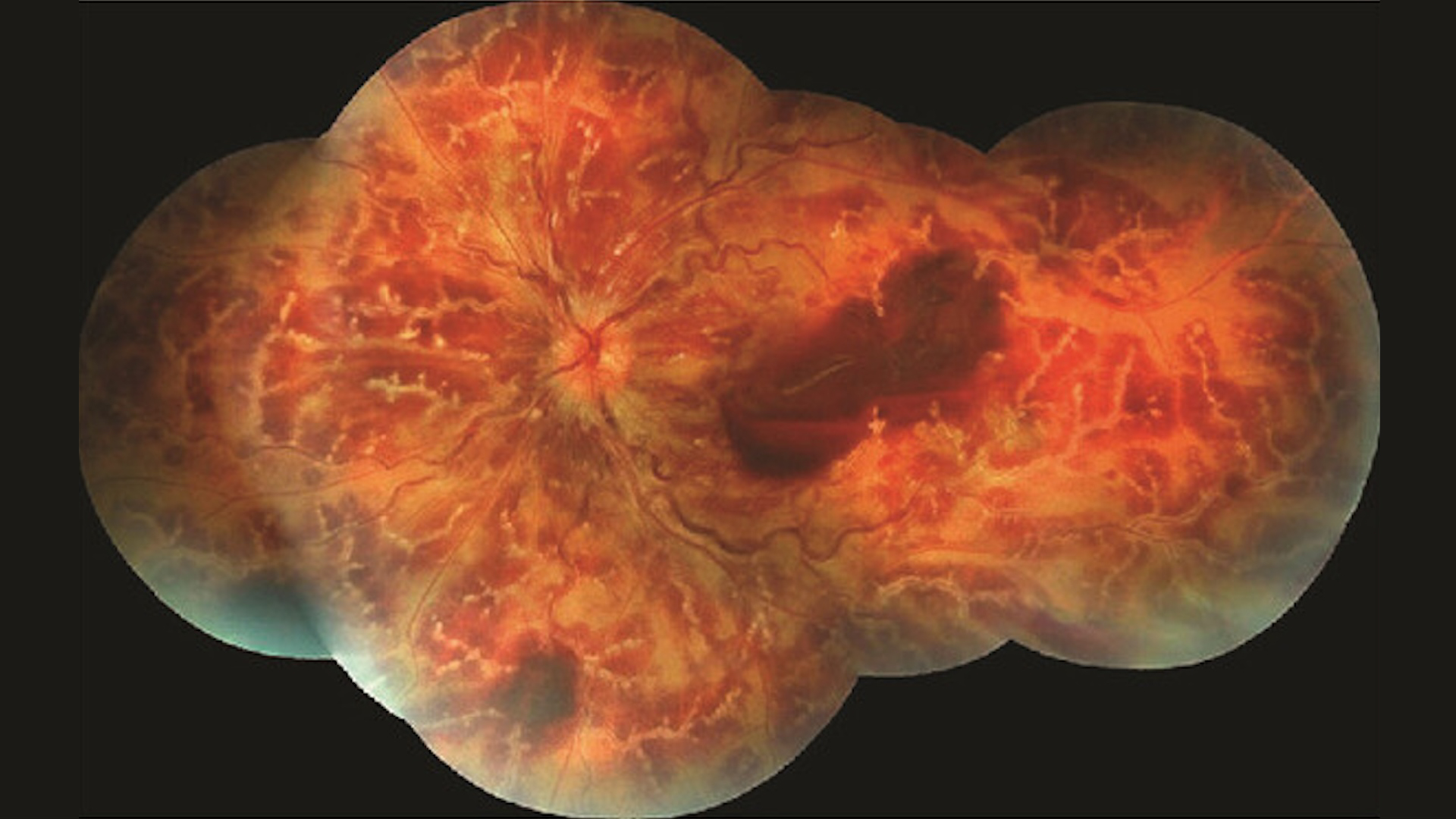
Disease name: Frosted branch angiitis (FBA)
Affected populations: FBA is a rare disease that most often affects young and healthy people without other notable conditions, with most cases occurring in people ages 2 to 42. Around 61% of patients with FBA are male. The disease has been reported worldwide, including in the United States, Europe and Asia.
Causes: FBA was first described in 1976 in a 6-year-old Japanese boy who had inflammation in the inner structures of his eye, as well as in the blood vessels that supply the retina, the light-sensitive tissue at the back of the eye. When doctors examined the retina, the affected blood vessels looked a bit like the frosted branches of a tree, hence the name of the disease.
FBA can arise in several ways. For instance, it can occur spontaneously in otherwise healthy individuals following a viral illness, or it can emerge in patients who have a chronic infection, including with cytomegalovirus or tuberculosis, or an inflammatory disease such as Crohn's disease or lupus. FBA is thought to be caused by the immune system going into overdrive, which triggers excessive inflammation that damages eye tissue.
Related: Weird 'gut-eye axis' links the retina and intestines, and may help explain glaucoma
Symptoms: Patients with FBA usually have severe levels of inflammation that causes a white "sheath" to form around the blood vessels that supply the retina, which then swells and causes patients to lose their sight. Around 55% of patients with FBA develop the condition in both eyes.
Treatments: According to case records, doctors have historically treated FBA using anti-inflammatory drugs, such as steroids, as well as by directly targeting the potential cause of the inflammation. For instance, they may use antivirals or antibiotics to treat an underlying infection. Patients with FBA tend to recover well and rarely experience the condition more than once in their lives. Complications that require surgery are not very common.
Ever wonder why some people build muscle more easily than others or why freckles come out in the sun? Send us your questions about how the human body works to community@livescience.com with the subject line "Health Desk Q," and you may see your question answered on the website!







